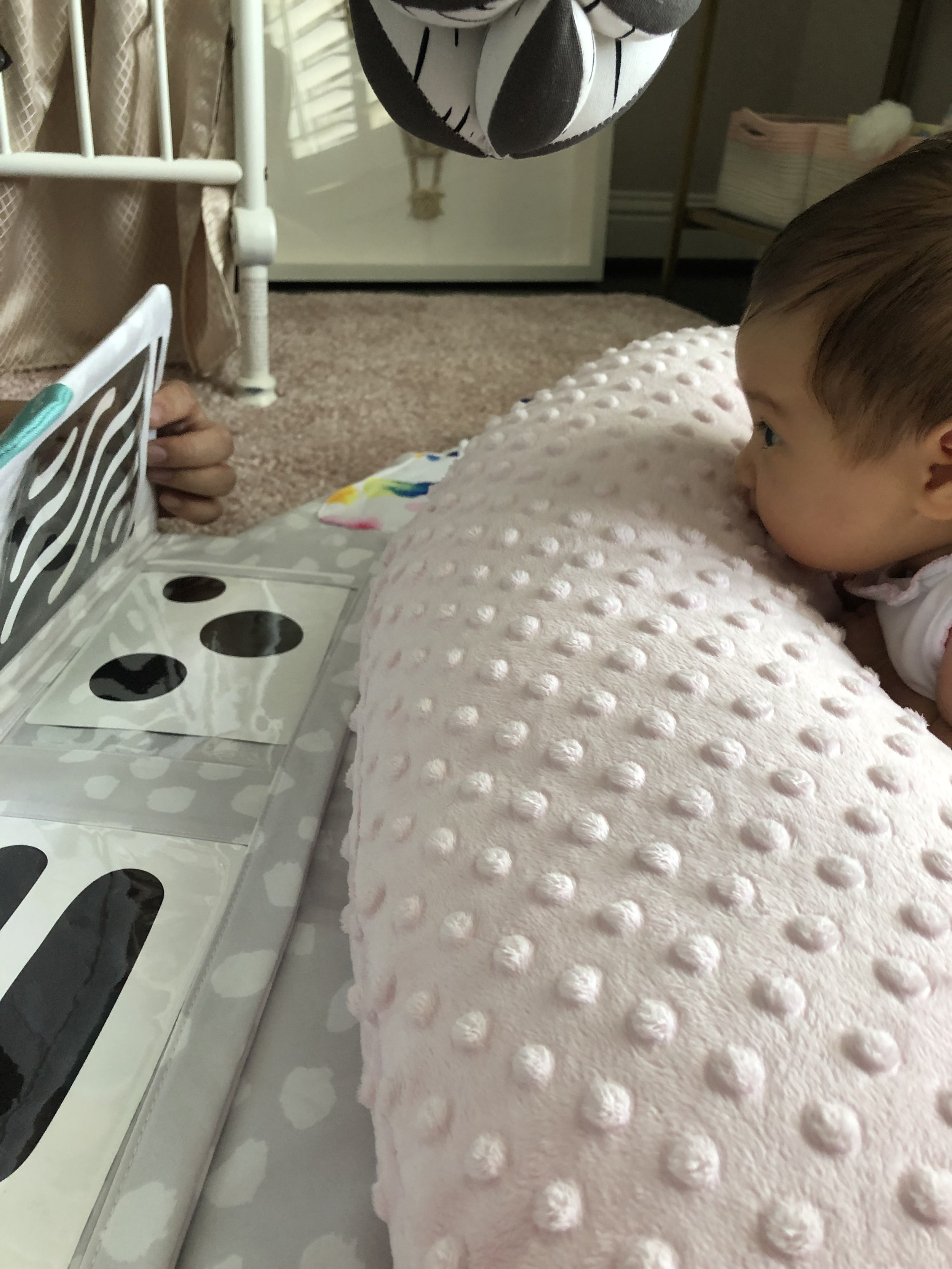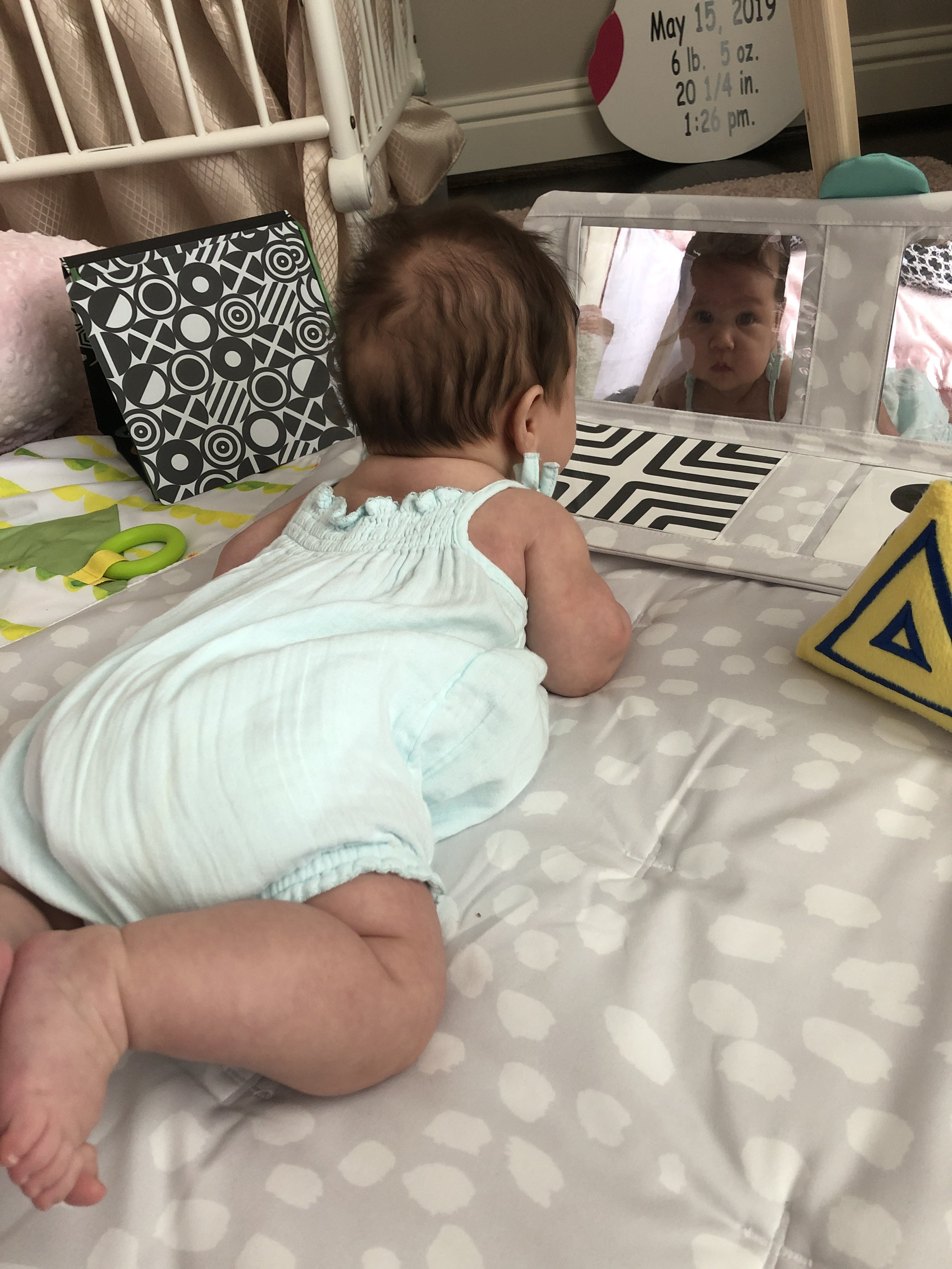Learning Without Lessons:
Pedagogy in Indigenous Communities
Learning Without Lessons
In Learning Without Lessons, David F. Lancy fills a large gap in the field of child development and education. Drawing on focused, empirical studies in cultural psychology, accounts of childhood in ethnographic studies, and insights from archaeological studies, Lancy offers the first attempt to review the principles and practices for fostering learning in children that are found in small-scale, preindustrial communities across the globe and through history. His analysis yields a consistent and coherent “pedagogy” that can be contrasted sharply with the taken-for-granted pedagogy found in the West. Among these taken-for-granted practices that are rare or absent from Indigenous pedagogy are teachers, classrooms, lessons, verbal instruction, testing, grading, praise, and the use of symbols. Instead, field studies document the prevalence of self-guided learners who rely on observation, listening, learning in play from peers, the hands-on use of real tools, and learning through voluntary participation in everyday activities such as foraging.
Aiming to reverse the customary relation between Western and non-Western theories or ideas about child learning and development, this book concludes that the pedagogy found in communities before the advent of schooling differs in very significant ways from that practiced in schools and in the homes of schooled parents.
Book review of Learning Without Lessons published in Childhood in the Past an International Journal.
Book review of Learning Without Lessons published in the New Zealand Journal of Educational Studies.
Book review of Learning Without Lessons published in Anthropology & Education Quarterly.
Book review of Learning Without Lessons published in Childhood in the Past an International Journal.
My 3-month-old granddaughter, Adley, stares at black and white patterns that are part of a pattern detection training kit.
Pattern detection training
D+C interview with David Lancy
“I don't believe that traditional ways of bringing up children are somehow holding them back. Economic opportunities and employment prospects play acrucial role in overcoming any cultural barriers.”
— David Lancy interviewed by Katharina Wilhelm Otieno
Spotlight on Scholarship
How do children learn when adults aren’t teaching them? And what might children—and society—be missing out on when adults attempt to control children’s development? In this new ethnology, David Lancy scours the ethnographic record to understand how children learn across cultures and compares Indigenous pedagogies with the WEIRD (Western, Educated, Industrialized, Rich, Democratic) approaches that are colonising societies with Western style parenting and teaching practices.
September 2024 Anthropology of Children and Youth Interest Group




